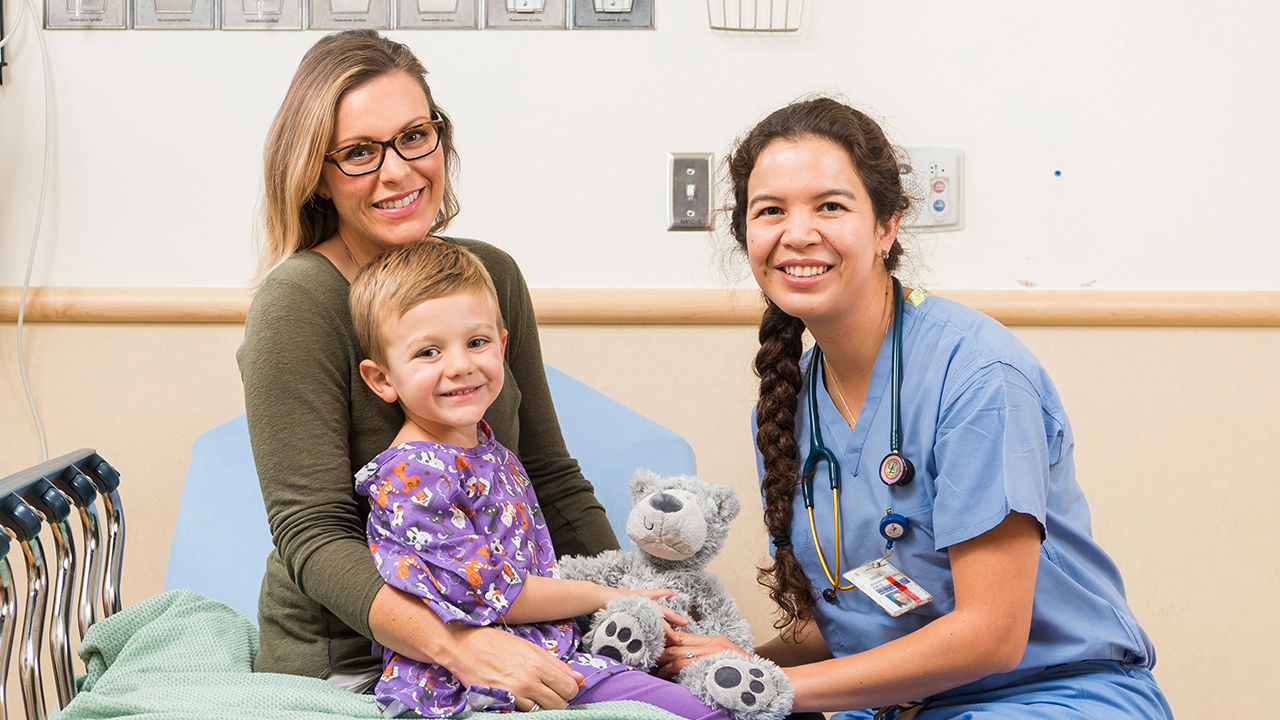- Doctors & Departments
-
Conditions & Advice
- Overview
- Conditions and Symptoms
- ¿Está enfermo su hijo?
- Parent Resources
- The Connection Journey
- Calma Un Bebé Que Llora
- Sports Articles
- Dosage Tables
- Baby Guide
-
Your Visit
- Overview
- Prepare for Your Visit
- Your Overnight Stay
- Send a Cheer Card
- Family and Patient Resources
- Patient Cost Estimate
- Insurance and Financial Resources
- Online Bill Pay
- Medical Records
- Política y procedimientos en el hospital
- Preguntamos Porque Nos Importa
-
Community
- Overview
- Addressing the Youth Mental Health Crisis
- Calendar of Events
- Child Health Advocacy
- Community Health
- Community Partners
- Corporate Relations
- Global Health
- Patient Advocacy
- Patient Stories
- Pediatric Affiliations
- Support Children’s Colorado
- Specialty Outreach Clinics
Your Support Matters
Upcoming Events
Colorado Hospitals Substance Exposed Newborn Quality Improvement Collaborative CHoSEN Conference (Hybrid)
lunes, 29 de abril de 2024The CHoSEN Collaborative is an effort to increase consistency in...
-
Research & Innovation
- Overview
- Pediatric Clinical Trials
- Q: Pediatric Health Advances
- Discoveries and Milestones
- Training and Internships
- Academic Affiliation
- Investigator Resources
- Funding Opportunities
- Center For Innovation
- Support Our Research
- Research Areas

It starts with a Q:
For the latest cutting-edge research, innovative collaborations and remarkable discoveries in child health, read stories from across all our areas of study in Q: Advances and Answers in Pediatric Health.


How Anesthesia Affects Developing Brains

Modern anesthetics have come a long way since the days of ether and chloroform. These days, the medications used in anesthesia are increasingly refined for specific purposes and effects.
So what do anesthetics do? A good surgical anesthetic has three basic components:
- It helps the patient fall asleep.
- It stops the patient from moving while they're sleeping.
- It blocks them from feeling pain.
In kids, not many people know those purposes and effects better than Thomas Majcher, DO, Chief of Pediatric Anesthesiology at Children's Colorado. But even for experts like Dr. Majcher, the ways those medications work can be something of a mystery.
"The mechanisms aren't always entirely clear," he concedes.
That, among other factors, he says, makes it difficult to sort out how anesthesia might affect a fast-developing brain. But new research shows the effects may be longer-lasting — and easier to trigger — than previously thought.
Studying the long-term effects of anesthesia
In her lab at the University of Colorado School of Medicine, next door to Children's Colorado, renowned anesthesiologist Vesna Jevtovic-Todorovic, MD, PhD, MBA, is researching just that. Her studies suggest that prolonged exposure to anesthetics in very young brains seems to speed up a process called apoptosis, or programmed cell death.
Cells die all the time in the brain, and that's a good thing. When they're replaced by new cells, it's a process of renewal. When those deaths happen before they otherwise might, however, potential problems arise.
"It's difficult to study," says Dr. Majcher, "so we don't have much data. There are a few studies looking back at cases of prolonged anesthesia in infants and toddlers to see if that might be associated with learning difficulties later on. But there are a lot of other variables."
The current evidence is strong enough that the Food and Drug Administration now recommends children under 3 years old avoid more than three hours of exposure to anesthesia. Dr. Todorovic's research suggests that figure should perhaps even be closer to two hours.
How pediatric anesthesia research changes the course of care
For about 5 percent of kids under 3 who need surgery, that exposure is a necessary risk. The surgery just needs to happen.
But for many more children at Children's Colorado and elsewhere, the new information has changed their care. Some surgeries — such as reconstructive operations for traumas or birth defects — are now being postponed until the child is older. Others can be done with local anesthetics or spinal blocks, which don't affect brain development in kids of any age.
"We're always going to do what's best for the patient," says Dr. Majcher. "And we figure that out through these kids of studies. This is one more piece of the whole picture."
Why pediatric anesthesia matters
"Parents' primary concern is if their child will be safe," says pediatric anesthesiologist Tessa Mandler, MD. "I always tell them, "This is what we do, day in, day out, is take care of kids."
And kids, especially infants and toddlers, are physiologically different from adults in some pretty important ways. For one thing, their airways are smaller and more reactive. Infants have a weaker heart muscle. Anesthetics affect both the breathing and the heart — making those differences, in pediatrics, an especially big deal.
Children also express pain differently than adults. As a result, pain tends to be underreported in children, which can lead to painful hospital experiences.
"At Children's Colorado, we use a number of pain scales that are appropriate to developmental age, so we can get a more accurate picture of their pain and treat it accordingly," says Dr. Majcher. "And we're all board-certified in pediatric anesthesiology, which means we have additional training in caring for infants and children having procedures or surgery."
It's that understanding of kids' unique complexities that informs the decisions Dr. Majcher and team make to get each child through each procedure — comfortable and safe.



 720-777-0123
720-777-0123



